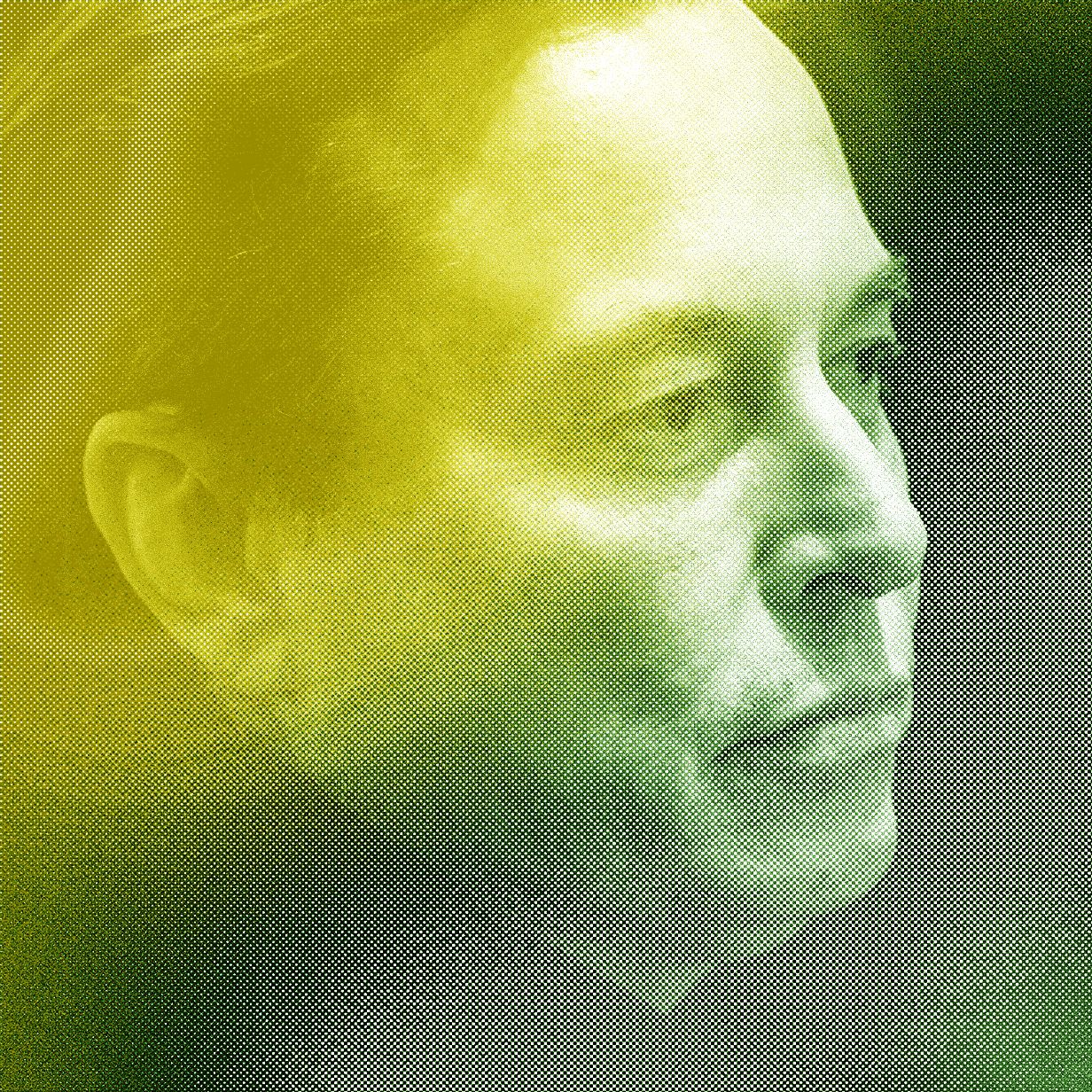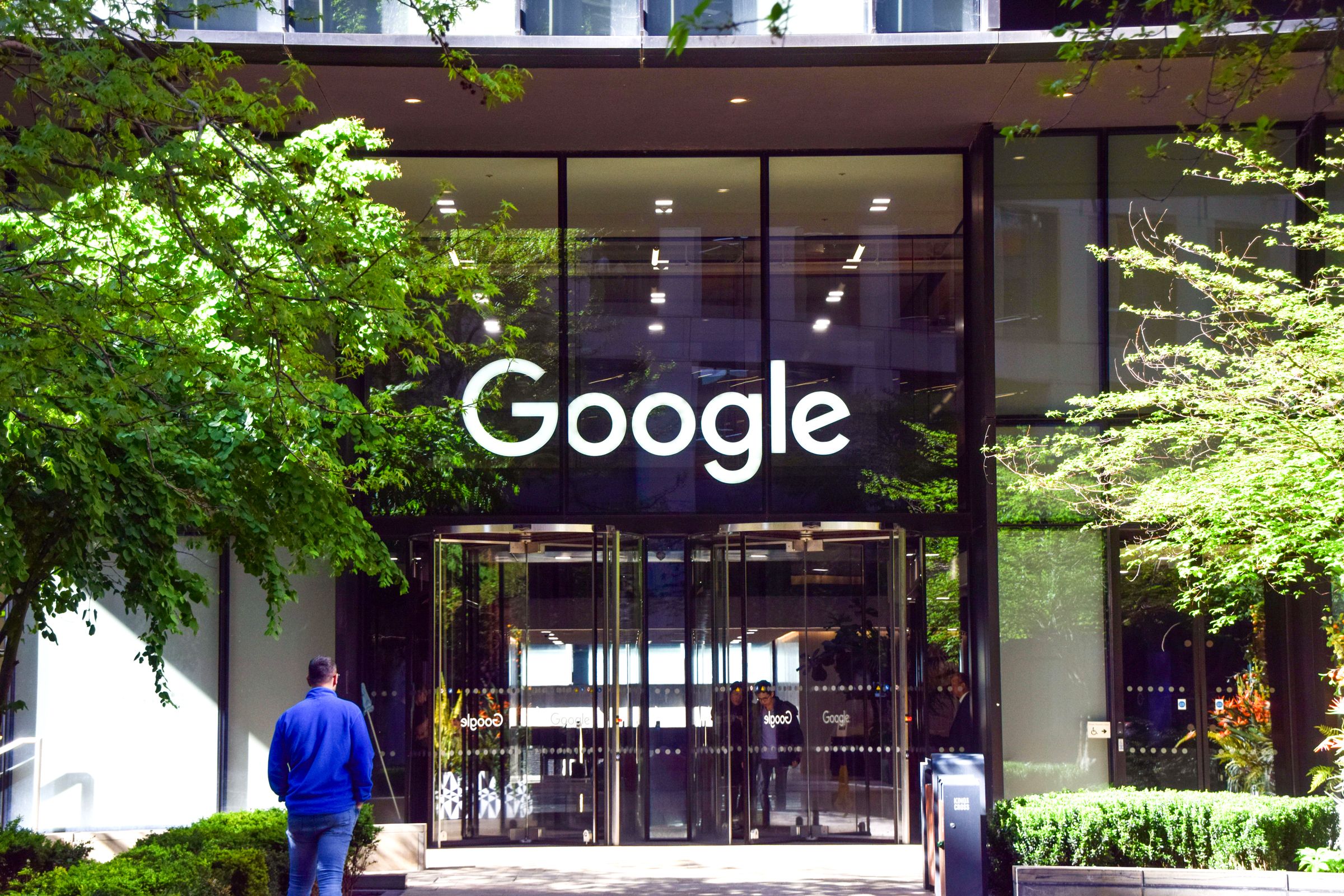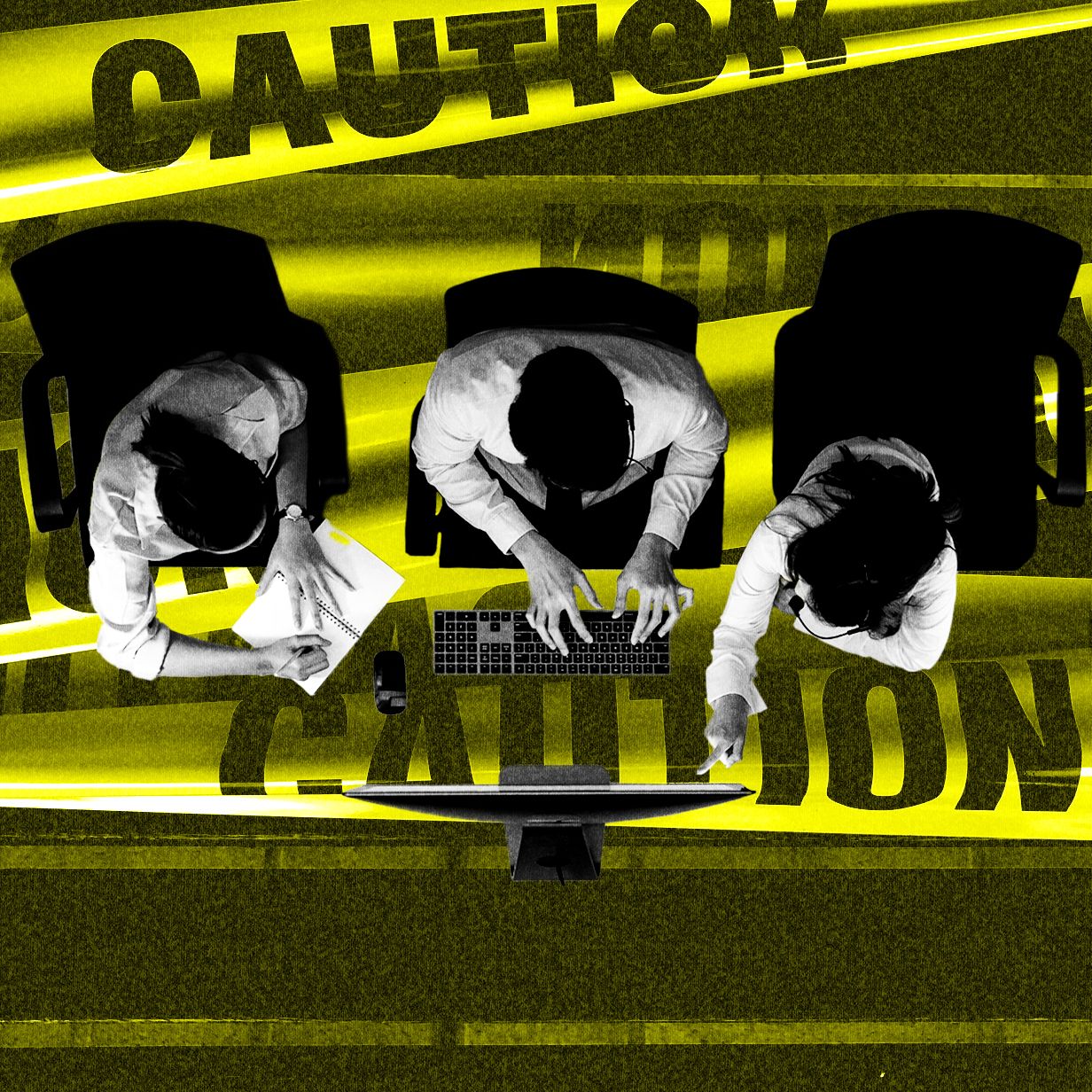The AI Agent Era Requires a New Kind of Game Theory
In the age of AI agents, traditional game theory may no longer be sufficient to predict outcomes and make decisions.
AI agents have the ability to learn, adapt, and make decisions in ways that were previously thought to be exclusive to humans.
This new kind of game theory will need to take into account the complexities of interactions between AI agents and humans, as well as between different AI agents.
One of the key challenges will be creating models that can accurately predict the behavior of AI agents, which can be influenced by a wide range of factors.
Furthermore, this new game theory will need to consider the ethical implications of decisions made by AI agents, as well as how to ensure that AI agents act in a way that is beneficial to society as a whole.
Researchers and policymakers will need to work together to develop new frameworks and tools for understanding and managing the interactions between AI agents, humans, and other stakeholders.
This new kind of game theory will require a multidisciplinary approach, drawing on insights from fields such as computer science, economics, psychology, and philosophy.
Ultimately, navigating the era of AI agents will require a new way of thinking about decision-making, cooperation, and competition.
By embracing this new kind of game theory, we can harness the power of AI agents to create a more efficient, equitable, and sustainable future.





More Stories
Trump’s Tariffs Are Threatening the US Semiconductor Revival
Trump’s Tariffs Haven’t Resulted in Higher Prices on Amazon—Yet
Is Tesla on the Outs in China?